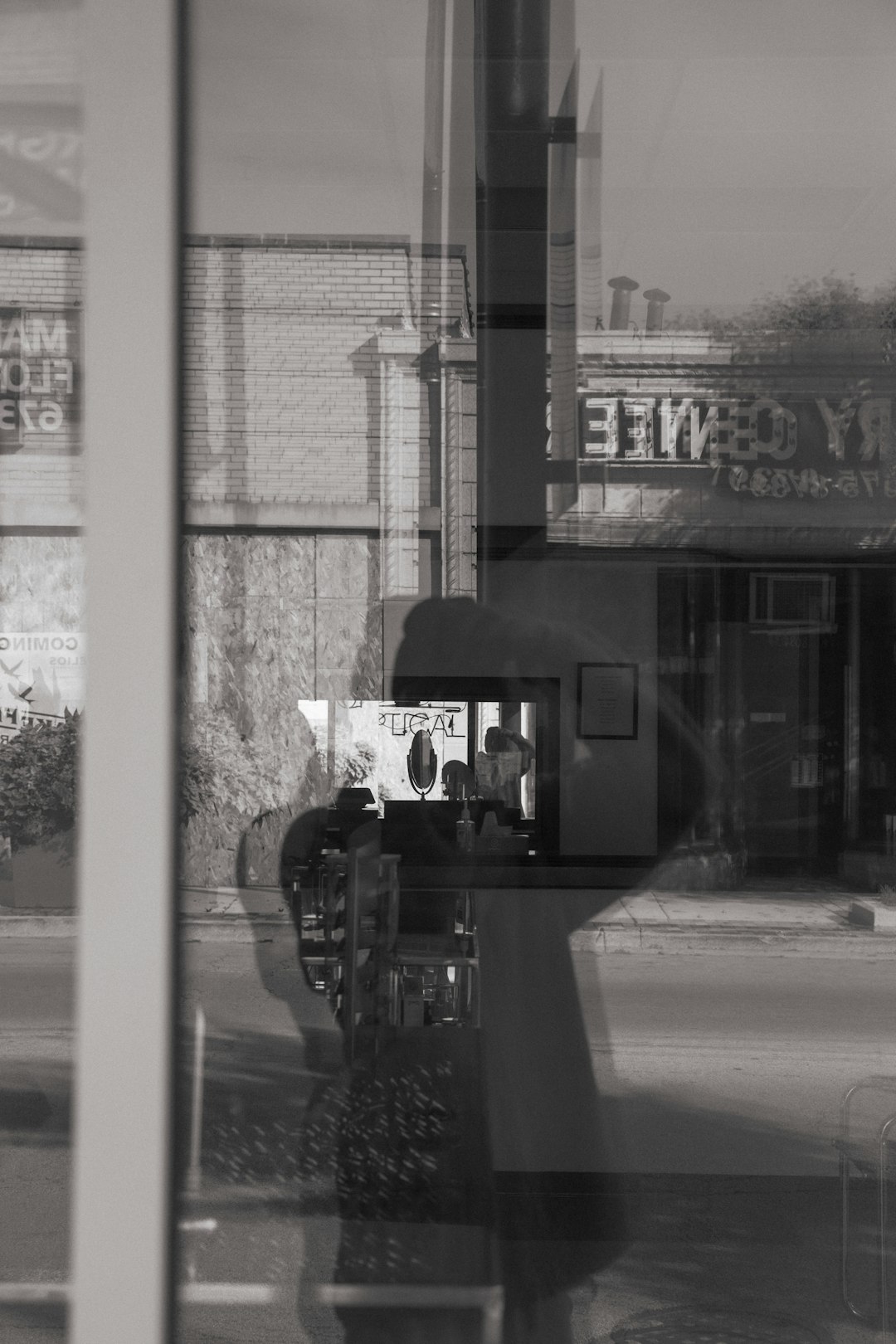Travel Dysmorphia Is Real: Why You Feel It and How to Cope
What Is Travel Dysmorphia?
Travel dysmorphia is a new term. It describes how travel can change how we see ourselves. This happens when we compare our trips to others. Social media makes this worse. We see perfect photos online. Then we feel bad about our own travels.
This feeling is like body dysmorphia. But it is about travel experiences. People feel their trips are not good enough. They think others have better adventures. This can make travel less fun. It can even stop people from traveling.
Travel should be about joy. But dysmorphia brings stress. It makes us focus on what we lack. We forget to enjoy what we have. Understanding this is the first step to fixing it.
Signs You Might Have Travel Dysmorphia
How do you know if you have travel dysmorphia? Look for these signs:
- You feel your trips are never good enough
- You compare your travels to others constantly
- You feel sad after seeing travel photos online
- You avoid sharing your own travel stories
- You spend too much time planning perfect trips
These feelings are common. Many people experience them. Recognizing them helps you address the problem.
Why Social Media Makes It Worse
Social media shows only the best parts of travel. People post sunny beaches and happy smiles. They do not show the delayed flights or lost luggage. This creates a false image of travel.
Studies show that social media use can increase feelings of envy. A report by the American Psychological Association found that comparing ourselves to others online leads to lower self-esteem. This is true for travel too.
When we see perfect travel photos, we feel our trips are inferior. This is travel dysmorphia in action. Limiting social media can help reduce these feelings.
How Travel Dysmorphia Affects Mental Health
Travel dysmorphia can hurt your mental health. It causes stress and anxiety. It can lead to burnout. You might even avoid traveling because of it.
According to the World Health Organization, mental health is important for overall well-being. Constant comparison and dissatisfaction can harm your mental state. Travel should be fun, not a source of stress.
If you feel overwhelmed, talk to someone. Friends, family, or a therapist can help. You are not alone in these feelings.
Practical Tips to Overcome Travel Dysmorphia
Here are some ways to fight travel dysmorphia:
- Limit social media: Reduce time spent on apps like Instagram.
- Focus on your joy: Remember why you travel in the first place.
- Celebrate small moments: Not every trip needs to be epic.
- Connect with real travelers: Talk to people about real travel experiences.
- Keep a travel journal: Write about what you enjoyed, not what you missed.
These tips can help you enjoy travel again. They shift focus from comparison to appreciation.
Real-Life Examples of Travel Dysmorphia
Many people experience travel dysmorphia. For example, Sarah went to Paris. She had a good time. But she saw friends posting from Bali. She felt her trip was boring. This is travel dysmorphia.
Another example is John. He hiked a beautiful trail. But he saw photos of a more famous trail online. He felt his hike was not special. These stories show how common this feeling is.
Remember, every travel experience is unique. Your trip does not need to be like anyone else's.
Step-by-Step Guide to Healthier Travel Mindsets
Follow these steps to build a better travel mindset:
- Identify triggers: Notice what makes you feel bad about your travels.
- Set boundaries: Limit exposure to social media before and during trips.
- Practice gratitude: Each day, list three things you enjoyed about your trip.
- Share honestly: When posting, show the real ups and downs of travel.
- Reflect post-trip: After traveling, think about what you loved, not what you missed.
These steps take time. But they can make travel more enjoyable.
FAQ About Travel Dysmorphia
What is travel dysmorphia?
Travel dysmorphia is the feeling that your travels are not good enough compared to others'.
How common is travel dysmorphia?
It is very common, especially with social media. Many people feel this way but do not talk about it.
Can travel dysmorphia be cured?
Yes, by changing your mindset and habits, you can reduce these feelings.
Does travel dysmorphia affect mental health?
Yes, it can lead to stress, anxiety, and even avoidance of travel.
How can I help a friend with travel dysmorphia?
Listen to them. Encourage them to focus on their own joy. Share your real travel stories too.
Should I stop using social media?
Not necessarily, but limiting use can help. Be mindful of how it makes you feel.
Are there professionals who can help?
Yes, therapists can help with comparison and self-esteem issues related to travel.
Conclusion: Embrace Your Unique Journey
Travel dysmorphia is a real issue. But it can be managed. Remember that your travels are yours alone. They do not need to look like anyone else's.
Focus on what makes you happy. Reduce social media comparisons. Share your real experiences. Travel should be about discovery and joy, not pressure.
Take these tips to heart. Start your next trip with a new mindset. Enjoy every moment, big or small. Your journey is unique and valuable.

